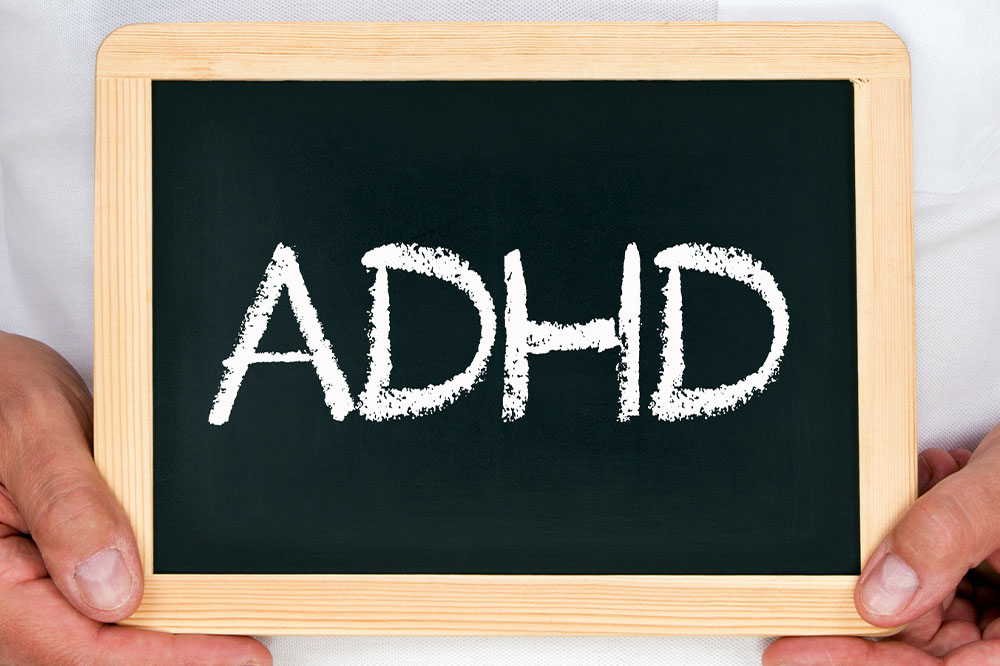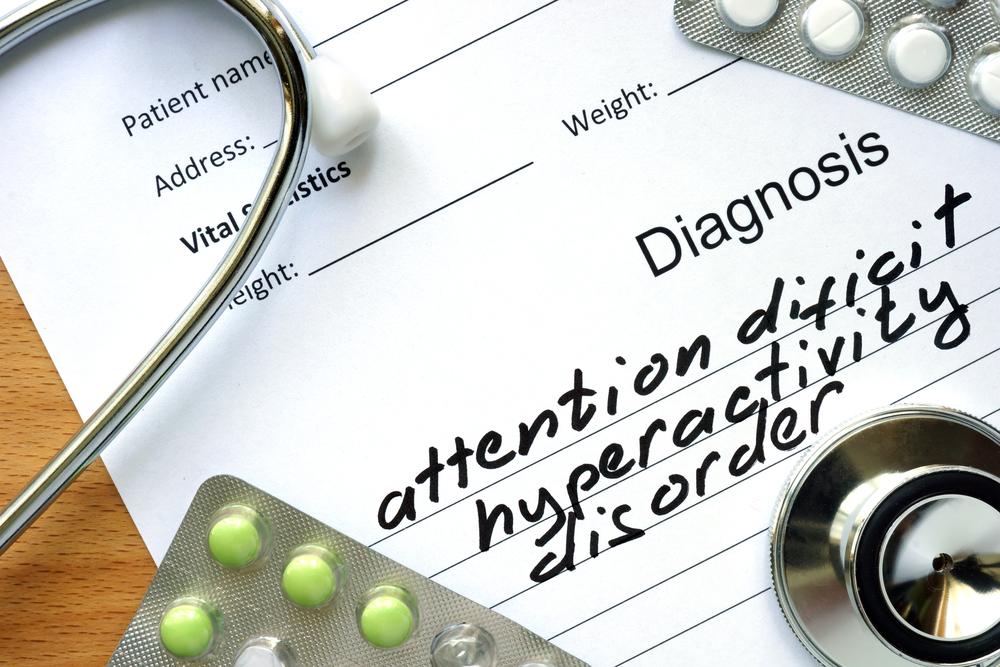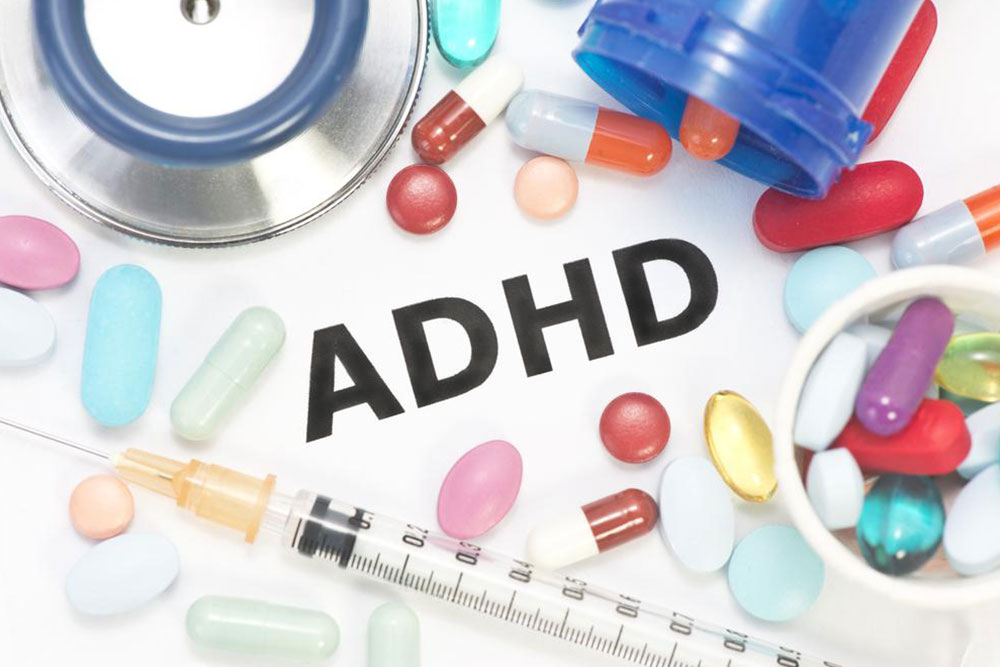Strategies for Supporting Children with ADHD
This article offers effective strategies for parents to support children with ADHD through behavioral techniques, routine management, and professional treatment options. Emphasizing nurturing environments and consistent discipline, it guides caregivers on fostering positive behavioral outcomes while managing symptoms effectively.

Supporting Children with ADHD
ADHD (attention-deficit/hyperactivity disorder) is a long-term condition that mainly affects youngsters and can persist into adulthood. It manifests through core symptoms such as hyperactivity, difficulty focusing, and impulsiveness. Common signs include disorganization, careless mistakes, forgetfulness, constant distraction, excessive talking, fidgeting, and restlessness.
Guidelines for Parents to Manage ADHD
While there is no cure for ADHD, appropriate medical care can effectively control its symptoms. Physicians often recommend medications like stimulants and antidepressants. It's crucial that parents administer medication personally to prevent misuse or dependency.
In addition to medication, counseling and behavioral therapy can help children and parents improve communication and address behavioral challenges.
Parents should also incorporate supportive techniques to encourage their child's growth:
Build a nurturing environment
Children with ADHD need a caring, secure space. Besides correcting negative behaviors, recognize and praise their strengths and achievements.
Keep communication simple
Children with ADHD may become overwhelmed with complex instructions or rapid directions. When communicating, give full attention, make eye contact, and be clear and deliberate.
Establish consistent discipline
Clearly explain right and wrong, along with consequences. Observe behavioral responses in challenging moments and maintain consistency in rewards and consequences to guide social and behavioral development.
Maintain calmness
If your child becomes unruly, avoid losing your temper. Allow emotional expression and stay composed, setting a positive example.
Follow a routine
Keep daily activities like meals and bedtime on a fixed schedule. Prepare your child gradually for changes, ensuring they get enough rest to reduce symptom severity.
Note:
Information regarding ADHD symptoms, treatments, and health management is provided solely for educational purposes. This content does not substitute professional medical advice. Always consult licensed healthcare providers for diagnosis and treatment tailored to individual needs.










